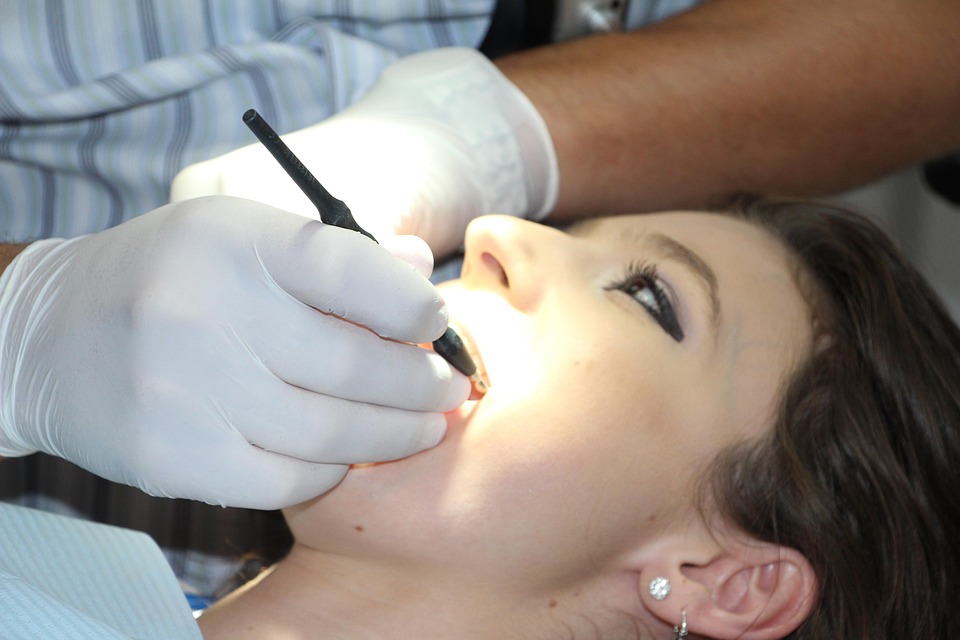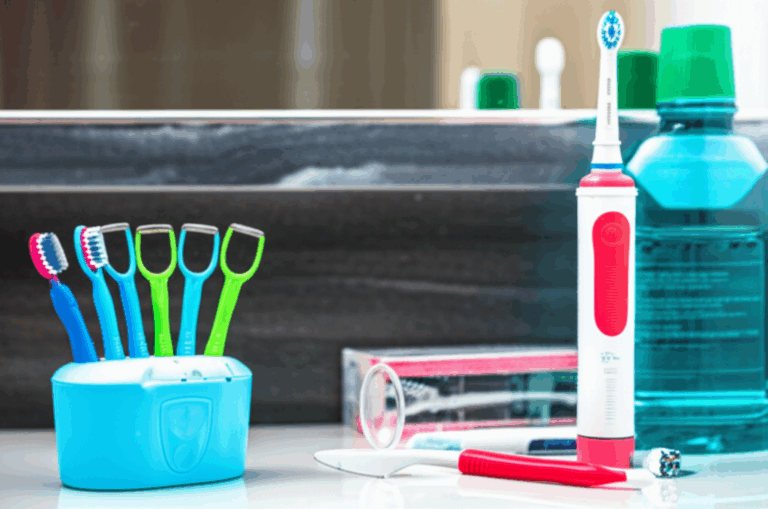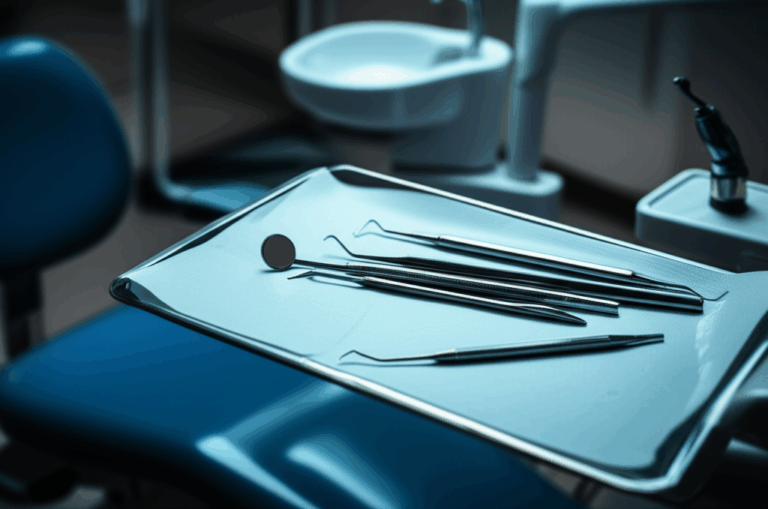
Can Dental Implants Cause Heart Problems
Wondering if dental implants can mess with your heart? You’re not alone. Lots of people feel worried about that before going to the dentist. The answer isn’t always easy—and that’s why you need this article.
If you’re thinking about getting dental implants or already have them, you want to make sure you’re doing what’s best for your health. Nobody wants a nice smile if it hurts their heart. I’ve talked to several dentists and seen firsthand how these worries come up. So, let’s dive in. I’ll give you the facts, clear up any confusion, and help you protect both your smile and your heart.
Keep reading to get real research, what the experts say, and simple advice—everything you need to make your own smart decision.
Article Outline
- What Are Dental Implants, Really?
- Why Do People Worry About Heart Problems from Implants?
- Are Dental Implants Safe for Your Heart?
- What’s the Link Between Oral Health and Heart Health?
- Can Infections from Implants Affect Your Heart?
- Who Might Be at Higher Risk?
- How Are Modern Implants Made?
- What Should You Ask Your Dentist?
- How to Minimize Heart Risks After Dental Implant Surgery
- The Role of Dental Labs—Why Does It Matter?
1. What Are Dental Implants, Really?
First off, let’s clear up what dental implants are. If you’ve ever lost a tooth, you know implants fill in the space with something strong and that looks real. Dentists put a small metal post—usually made from titanium or zirconia—into your jaw. After it heals, they add a crown or bridge on top.
Old dentures can move around or slip, but dental implants feel a lot like your own teeth. Today, thanks to places like 3d dental labs, zirconia labs, and emax dental labs, dentists can give you implants that fit your mouth perfectly.
The big plus: implants let you eat, talk, and smile like nothing’s missing. But just like any surgery, there are some risks. That’s why people ask—can those risks reach your heart?
2. Why Do People Worry About Heart Problems from Implants?
It makes sense to worry about your heart after mouth surgery. You’ve probably heard that germs in your mouth can cause problems elsewhere in your body. Sometimes medical stories or words like “infection” or “inflammation” sound scary. Maybe you even know someone who got sick after a trip to the dentist.
Some of these worries make people really anxious. No one wants heart trouble from fixing their smile. If you feel nervous, you’re not the only one. But don’t stress—I’ll show you what the science really says.
3. Are Dental Implants Safe for Your Heart?
Let’s get right to it. Most studies say dental implants are very safe—even for your heart. My dentist put it simply: “The risk is low unless you already have other health issues.”
Still, no surgery is 100% safe. Rarely, someone can get an infection in the gums or jawbone after getting an implant. If that infection spreads into the blood, it could harm your heart—especially if you already have heart valve problems.
The good part is that modern dental care and proper medicine make these problems pretty rare, especially if your dentist does everything the right way. Think of it like crossing the street when the light is green. There’s some risk, but being careful makes it very small.
4. What’s the Link Between Oral Health and Heart Health?
You might not realize how much your mouth affects your heart. Studies show that gum disease can raise your chances of getting heart infections or other heart problems. That’s because germs from your mouth can sometimes travel to your heart through your blood.
Doctors often tell people with heart valve problems to take antibiotics before dental work, just in case. This is to help stop germs from causing endocarditis, which is an infection of the heart’s lining.
So, keeping your mouth clean isn’t just about a fresh smile—it might help your heart too. That’s why your dentist asks so many health questions, even for things like implants.
5. Can Infections from Implants Affect Your Heart?
Let’s get down to the main point. The biggest worry with dental implants and your heart is infection. After the operation, germs can get into the area and cause what’s called peri-implantitis.
Most often, this just causes trouble in your mouth. But if you don’t take care of it, germs can move into your blood. If you already have a weak heart or fake heart valves, these germs can go to your heart and be very dangerous.
It doesn’t happen often, but it’s possible. That’s why you should always call your dentist if you notice swelling, pain, or pus after an implant. Don’t try to handle it on your own—the sooner you get help, the better.
6. Who Might Be at Higher Risk?
Not everyone has the same risk. You might have a higher risk from dental implants if you have:
- Artificial heart valves
- A history of heart infections
- Heart problems you were born with
- A weak immune system (like from diabetes, cancer treatment, or certain illnesses)
- Bad oral hygiene or unhealthy gums
If you have any of these, you’ll need to be extra careful. Your dentist may want you to take antibiotics before your implant, and they’ll check you closely afterwards.
If you’re healthy and take good care of your teeth, your risk is much lower. Still, always tell your dentist your full health history and ask questions if you’re unsure.
7. How Are Modern Implants Made?
Ever wonder who makes those little parts that go in your mouth? A lot of safety depends on how—and where—your implant crown is made. Today, thanks to big improvements in places like China, dental labs make strong, well-fitting implants. I’ve visited a china dental lab and saw how workers use new technology to make implants that are exact, strong, and safe for your body.
Many labs use materials like zirconia or emax for crowns. Zirconia is super strong, and emax looks very natural. 3d dental labs use special printers to make teeth that fit just right. The better the fit, the harder it is for germs to hide.
So, it’s not just about having a good dentist. You want your new tooth made by a skilled zirconia lab or emax dental lab, too.
8. What Should You Ask Your Dentist?
Don’t be afraid to speak up. Before getting dental implants, sit down with your dentist and ask:
- Do I need antibiotics before or after the operation?
- Am I at higher risk for heart problems with this surgery?
- Who makes the implant crown, and what do they use?
- What warning signs should I watch for after surgery?
- What will you do if I get an infection?
These questions show you care about your health. It also shows how well your dentist cares for you.
If your dentist gets annoyed when you ask or doesn’t answer clearly, that’s not a good sign. Find someone who’s happy to answer and explain things. You deserve to know what’s going on.
9. How to Minimize Heart Risks After Dental Implant Surgery
You have a lot of control after getting an implant. Here are the best ways to protect your heart:
- Brush and floss every day. Clean implants last longer and are less likely to get infected.
- Look for redness, swelling, or pain where the implant is. Tell your dentist if you notice anything wrong.
- Take all your medicine the way your dentist tells you—especially antibiotics.
- Don’t smoke. Smoking slows down healing and makes it easier for you to get sick.
Rest for the first few days. Eat soft foods, and don’t poke the implant with your tongue. Small, smart steps now can stop bigger problems later on.
10. The Role of Dental Labs—Why Does It Matter?
Let’s talk about something most people forget: the dental lab. Where your implant crown comes from really matters. Bad labs might use cheap materials or not clean things well, and that could make infection more likely and maybe even cause health problems beyond your mouth.
Good 3d dental labs, zirconia labs, and emax dental labs take care with every single crown and part. The best labs—even the top labs in China—spend a lot on safety and clean tools. That way, each piece is strong, clean, and safe for you.
Ask your dentist where the crowns and other parts come from. Asking a quick question now may save you a lot of trouble later. When you have a dental team that uses the best materials, your whole body—including your heart—is safer.
Summary: What To Remember About Dental Implants and Heart Health
- Dental implants are mostly safe for your heart. The chances of heart problems are low for most people.
- Infections from implants can hurt your heart, but this hardly ever happens.
- People with heart valve problems, weak immune systems, or gum disease have more risk.
- Modern dental labs (like china dental labs, zirconia labs, emax dental labs, and 3d dental labs) make better and safer implants now than ever before.
- Keeping your mouth clean and doing what your dentist says helps lower your risk even more.
- Always ask questions before surgery and tell your dentist right away about any pain or swelling.
- Pick a dentist who works with trusted dental labs.
Bottom line: Dental implants can bring back your smile and confidence without hurting your heart—as long as you take good care of your teeth and talk openly with your dentist about any risks or concerns.








